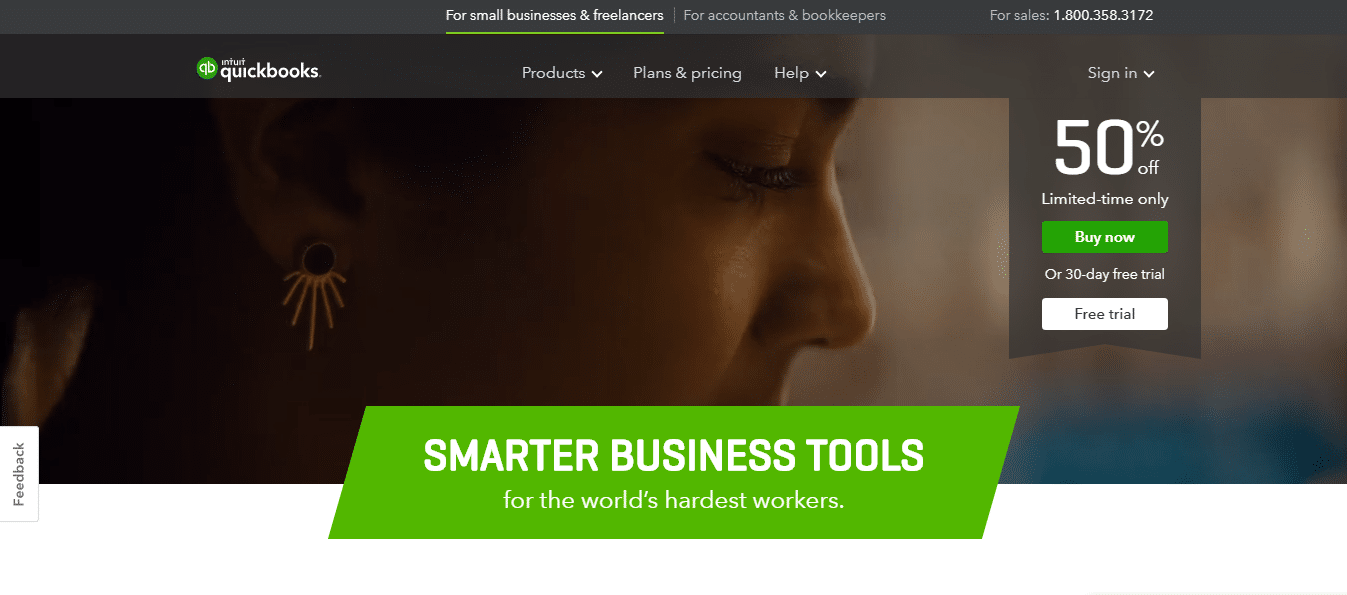
A disorganized attorney was a must-have.
That’s the mantra many firms used to subscribe to. For a long time, a disorganized lawyer was a good lawyer. It was seen by many as a sign of a brilliant, scatterbrained professional.
Not anymore.
These days disorganization is seen for what it is. A liability and expense for the firm. Research shows that the top performing attorneys are organized and lethally efficient.
Why does that matter?
Organized attorneys defeat the disorganized
An attorney that’s organized is one that’s difficult to keep up with. They routinely outperform those they compete with. They’re able to achieve far more than the average attorney, simply because they’re organized.
On the other hand disorganized attorneys…
- Miss deadlines.
- Ask for extensions.
- Lose documents.
- Fill documents out incorrectly.
- Ask clients to repeat tasks.
- Display poor attention to detail.
Here’s the problem with all of this.
They know.
These disorganized attorneys know their behavior is a problem. When they let their co-workers down they’re embarrassed and ashamed.
They don’t want to talk about it.
Because shame tells them to hide. This creates a serious problem for firms. Attorneys are highly educated professionals. Any attempts to help them manage simple or routine behaviors will be seen as patronizing.
How do you change the situation?
Is there anything you can do to get the results you’re looking for in your firm? What happens if these disorganized attorneys resist your attempts to help?
Step #1: Begin with the end in mind
This starts from day one.
If you’re responsible for hiring associates at your law firm it’s a good idea to look for people that meet all of the criteria you’ve set out (e.g. experience, values, character, track record, etc.).
There’s more.
It’s common for many firms to neglect several other key areas. I’m talking about personality. You need a clear way to assess prospective attorneys. You’ll need to identify where they fall on the big five personality traits.
- Openness is a trait that governs curiosity, variety, aesthetic sensitivity and a variety of other sub-traits. Professionals who are higher in trait openness tend to be more intelligent, curious and more interested in answers to their questions.
- Conscientiousness is the personality trait that describes caution or vigilance. It trends towards orderliness (e.g. everything in its proper place, traditionalism, etc.) which is idea for organization, or industriousness (e.g. achievers, utilitarians) which often describes ambitious people.
- Extraversion is something most of us are familiar with. It’s a trait that defines extraversion, ambiversion and introversion.
- Agreeableness describes qualities that are generally perceived as kind, sympathetic, cooperative, warm and considerate. Agreeableness refers to sub-traits like altruism, compliance, modesty, straightforwardness, and tender-mindedness and trust. The higher you are in agreeableness, the easier you are to get along with.
- Neuroticism refers to emotional stability. Individuals who score high on neuroticism tend to experience a greater amount of anxiety, worry, fear, anger, frustration and other negative emotions. They’re also at risk for a variety of mental disorders.

Why does this matter?
You’ll need to choose the right people at your firm. If you’re looking to help your colleagues, employees improve their organizational skills, you’ll need to know two things.
- Who you’re dealing with which tells you…
- How to approach them.
For best results, your approach should be tailored to the individual.
What does that mean exactly?
- Attorneys who score higher on neuroticism will need more reassurance than other attorneys.
- Those who score high on openness typically have lots of questions, which will require more patience from you.
- Conscientious attorneys who are orderly, “get it” already. If they’re not organized something is wrong. You need to find out why.
- Attorneys who are industrious are ambitious and eager to work. Positioning is key here. Frame the discussion about their organization skills from the standpoint of promotion. If they’re organized they’ll get better results, which means faster promotion.
See what I mean?
A one-size fits all approach won’t work here. You’ll need to meet your colleagues where they are. It’s the only way you’ll be able to move them to where you’d like them to go.
Which means you’re ready for…
Step #2: Ownership or they’re out
Many firms tyrannize their staff.
They lay out a set of demands. Then, they brutally enforce those demands, punishing anyone that fails to measure up. They lambast unhappy attorneys with instructions to “get over it.”
Here’s the problem.
This takes law firms further away from their ultimate goal. To win. There’s always a threat to your organization. Another attorney that’s willing to run themselves into the ground to steal business from your firm. Headhunters looking to poach your star associates.
You’re under attack. (Whether you realize it or not.)
The good news? You’re strong, you’ve made it through law school, through work at a firm. You push through the daily grind of getting things done.
You had a gift.
Ownership. You took ownership of your path in life. You went after your goals. You’re doing what needs to be done. Others depend on you.
Give your team ownership.
When a new employee (regardless of role) joins the team, require them to own their choices and the path they follow. You might be wondering, “How am I supposed to do that?“
With an individual development plan.
The individual development plan is a plan your employees create. In their plan, they lay out the work and results they plan on accomplishing, with guidance from you, for the upcoming year. You establish a few non-negotiables (e.g. results should be quantifiable, meet a minimum standard, must challenge them, etc.).
They create the plan.
Then, both of you choose the consequences. What happens if they meet or exceed the plan? What happens if they fail to meet most of the criteria in the plan? You go over it with them, then once you both agree on the ins and outs of the plan, they get to work.
At the end of the quarter/year, you reassess.
The consequences take their course. For example, if they fail to meet 50 percent of the items in their plan they’re fired. Why do it this way?
There are three modes of relationship.
- Tyrant. You do what I say, when I say, how I say, or else.
- Slave. I’ll do whatever you want just don’t leave/fire me, please!
- Negotiator. Let’s find a win/win scenario. Here’s what I need. What do you need?
A few firms operate as tyrants. They enslave their employees, making it difficult to attract and retain A player associates. The first two options obviously aren’t ideal. What about negotiating?
Here’s the thing with negotiators.
Many firms avoid negotiating because they feel they’ll lose their power. That their attorneys will walk all over them. Which isn’t true. If you’ve allowed attorneys to walk over you, you’ve become a slave.
Don’t want that to happen?
Make sure your firm has good boundaries. Know what you’re willing and not willing to accept. Then follow through.
Step #3: Make organization automatic
Make it easy to win.
Create the right systems and procedures for your firm. Add the right software tools to minimize busy work and manual entry. Use the right behavioral models to automate the behavior you want from your team.
It’s hard work, at first.
But the work is front loaded. Once you’ve laid the foundation, organization is simple. Use task management tools and workflows.
It’s tough for everyone at first but it’s absolutely worth it. Why? Easy gets done. The easier it is for your employees to do what you’d like them to do, the more likely they are to do it.
How?
- Find the right motivator. We’re motivated by two things pain or pleasure. Use both and you’ll maximize the results you receive.
- Give staff the ability. Make sure your colleagues (a.) understand what you’re asking (b.) know how to do what you’re asking and (c.) are willing to do what you’re asking.
- Create triggers to activate behavior. When X happens, I do Y. When clients ask for A, I send them B. Don’t overwhelm staff with a massive set of rules. Just offer the trigger at key decision points.
Lay your expectations out ahead of time.
Then, give your team the education, tools and resources they need to make those things happen. Do it well and you’ll help your colleagues improve their organizational skills, without patronizing them.
An organized attorney is a must-have
That’s the mantra your firm needs to win. The legal landscape is hyper competitive and fierce. You’ll need every advantage if your firm will survive. A disorganized lawyer isn’t the telltale sign of a brilliant, scatterbrained professional.
It’s a sign of failure.
These days disorganization is seen for what it is. A liability, a major expense for the firm. A player attorneys are organized and lethally efficient. Share the secrets of organization with your teammates and you’ll find your firm is the must-have clients need.




 Bill4Time product team releases new and enhanced features, system improvements, and bug fixes several times per week. Organized by month, the Release Notes blog series will highlight all the changes we’ve implemented, so you can easily stay up-to-date on what’s new. If you have a question, feedback, or an idea – please leave a comment below!
Bill4Time product team releases new and enhanced features, system improvements, and bug fixes several times per week. Organized by month, the Release Notes blog series will highlight all the changes we’ve implemented, so you can easily stay up-to-date on what’s new. If you have a question, feedback, or an idea – please leave a comment below!




